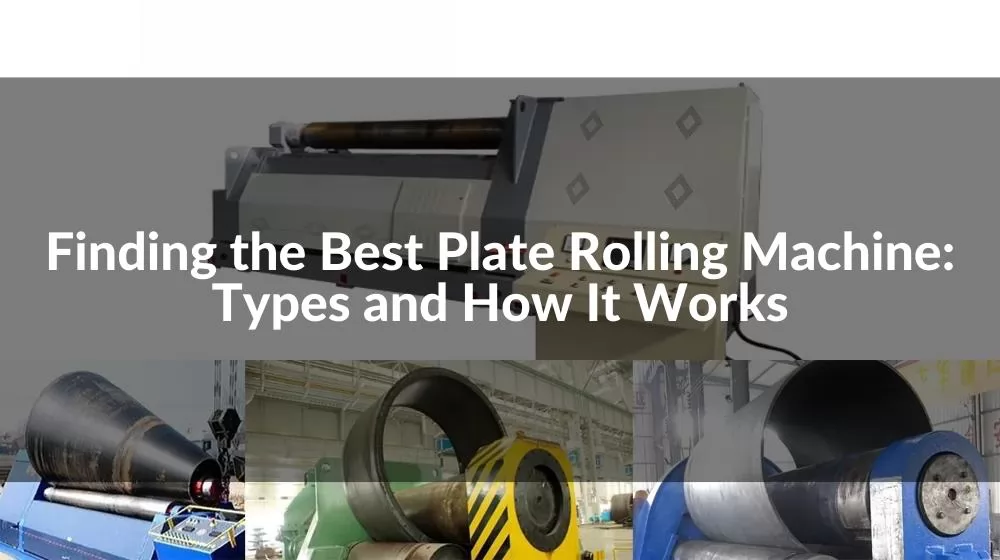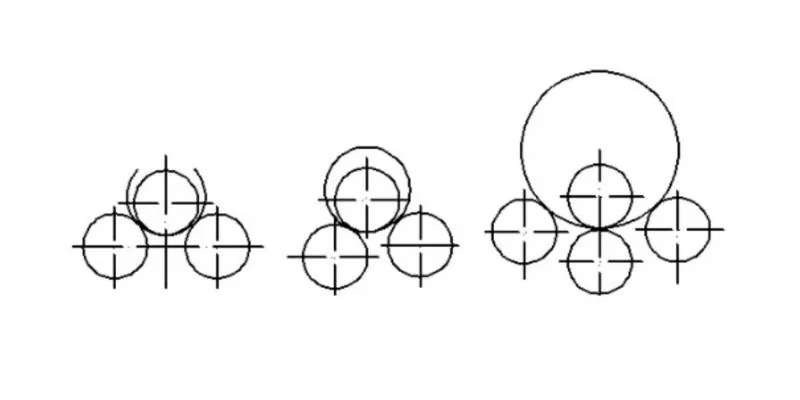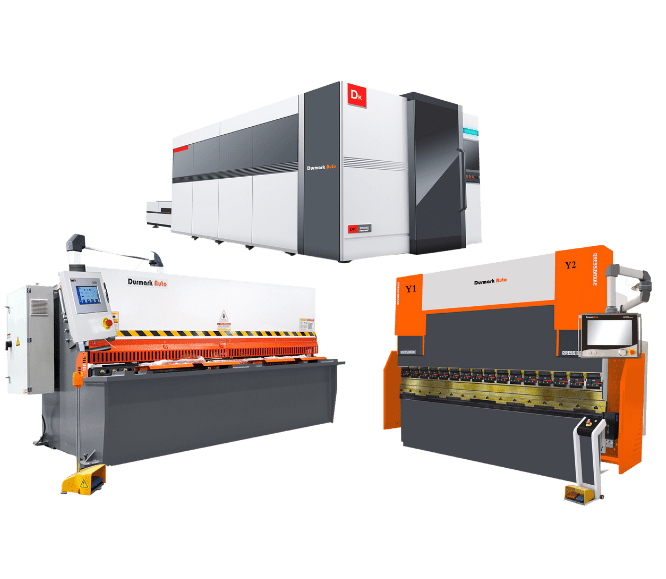
Request a Quote

Request a Quote


Rolling is a very technical process. If you want to provide your customers with more and better service, roiling is essential. However, choosing the right plate rolling machine is not an easy task. It's also important to match the right machine for a specific job. This article provides some insightful tips on how to choose the best board rolling machine for your board rolling project.
After reading this article, you will learn:
A spheronizing machine (also known as a plate rolling machine) is a machine tool used for continuous point bending of metal sheets, which can roll metal sheets into cylindrical, arc or other shaped workpieces.
Plate rolling machines can be used to make cylindrical items from flat or steel plates or other hard materials.
Their rollers can be tilted to create products with tapered geometries. Additionally, tapered rollers can be used instead of straight rollers to deliver tapered products where high volume needs are required.
They can be equipped with a dynamic crown system that can help you manually or automatically adjust the tension of the coil.
Bending machines offer unmatched precision with fairly small tolerances.
There are quite a lot of types and specifications of the rolling machine. Usually, according to the driving mode of the plate bending machine, it can be divided into hydraulic plate bending machine and mechanical plate bending machine; it is more distinguished by mechanical structure and number of rolls. At present, three roll plate bending machines and four roll plate bending machines are commonly used. .
Among the three rolls, there are a pair of side rolls and an upper roll, in which the upper roll can move up and down.
Most machines are equipped with three rollers, another difference between three plate rollers and two roll benders is that they give you more control over the expected output shape. There are several types of three roll machines in this category, the most common being the first-clamp and double-clamp models.
The four rollers plate bending machine makes the process of bending the steel plate easier and simpler, but the structure is more complicated. It has a pair of side rollers and an upper and a lower roller. It can perform all the functions done by a three-roller machine, and it also allows you to create square and rectangular items through the rolling process. They are faster and more precise, and they provide a product with high precision and no chance of material slipping during the rolling process.
But it is definitely more expensive.
By adjusting the relative position of the upper roller and the side roller, the sheet metal is gradually bent and deformed between the rollers.
The positive and negative rotation of the main shaft makes the sheet metal move back and forth between the rollers until the sheet metal is plastically deformed.
The movement form of the plate rolling machine can be divided into two forms: main movement and auxiliary movement. The main movement refers to the movement of the upper and lower rollers that make up the plate bending machine to rotate and bend the plate to be processed, and the main movement completes the processing task of the plate bending machine. Auxiliary motion is the movement form of loading and unloading and lifting of the upper roll, lifting and rotating of the headstock during the rolling process of the plate rolling machine.
With the continuous adjustment of the relative position of the rolls, the continuous reciprocating motion and reaction of the main shaft, the plastic deformation of the sheet metal gradually increases until it is processed into a circular arc or round product that meets the requirements.

In order for you to know which plate cylinder is best for your project, you need to answer the following questions:
The first thing you need to do before you start looking for the best plate rolling machine is to determine the type of material you will be using in your project. Here you have to consider factors such as thickness, width, diameter, strength and yield. These factors determine the amount of pressure you need and the maximum and minimum diameters and widths of the rolling machine you will be using.
Take the thickest material you will be processing and the smallest diameter to which you will roll the material, this will help in sizing the rolling machine. The diameter of the bend cannot be less than 1.5 times the diameter of the upper roll. Knowing the minimum diameter required, as well as the yield strength of the material, is critical to choosing the right roll.
Any plate press can produce the required round cylinders, but when special shapes are required, a machine with a CNC controller is required to manipulate the roll position and the desired speed at which the roll rotates.
The larger the diameter of the bend, the more additional support is required around the rollers. Most manufacturers offer side supports as an option to support sheets fed into the rolling process. However, your application may also require overhead support if large radii are required and the rolled sheet is fed high into the air. The combination of side support and overhead support helps support the sheet during the process and avoid any backbending due to the unsupported weight of the material itself.
To meet your future production needs, you need to know your output quantities. This will help you identify the type of rolling machine that can meet these needs. Three roll and four roll machines are considered the best choice for larger projects, you need to choose whether you want to choose a three roll plate bending machine known for its versatility and affordability, or a four roll plate bending machine that is fast, accurate and precise machine.
Durmark is a leading metal plate rolling machine manufacturer in China, we have rich industry experience and manufacturing experience to provide the best metal processing solutions to customers all over the world. Welcome to contact us or view our plate rolling machine products.
Read More:
What is a Shearing Machine? Working Principle and Application
.png)



